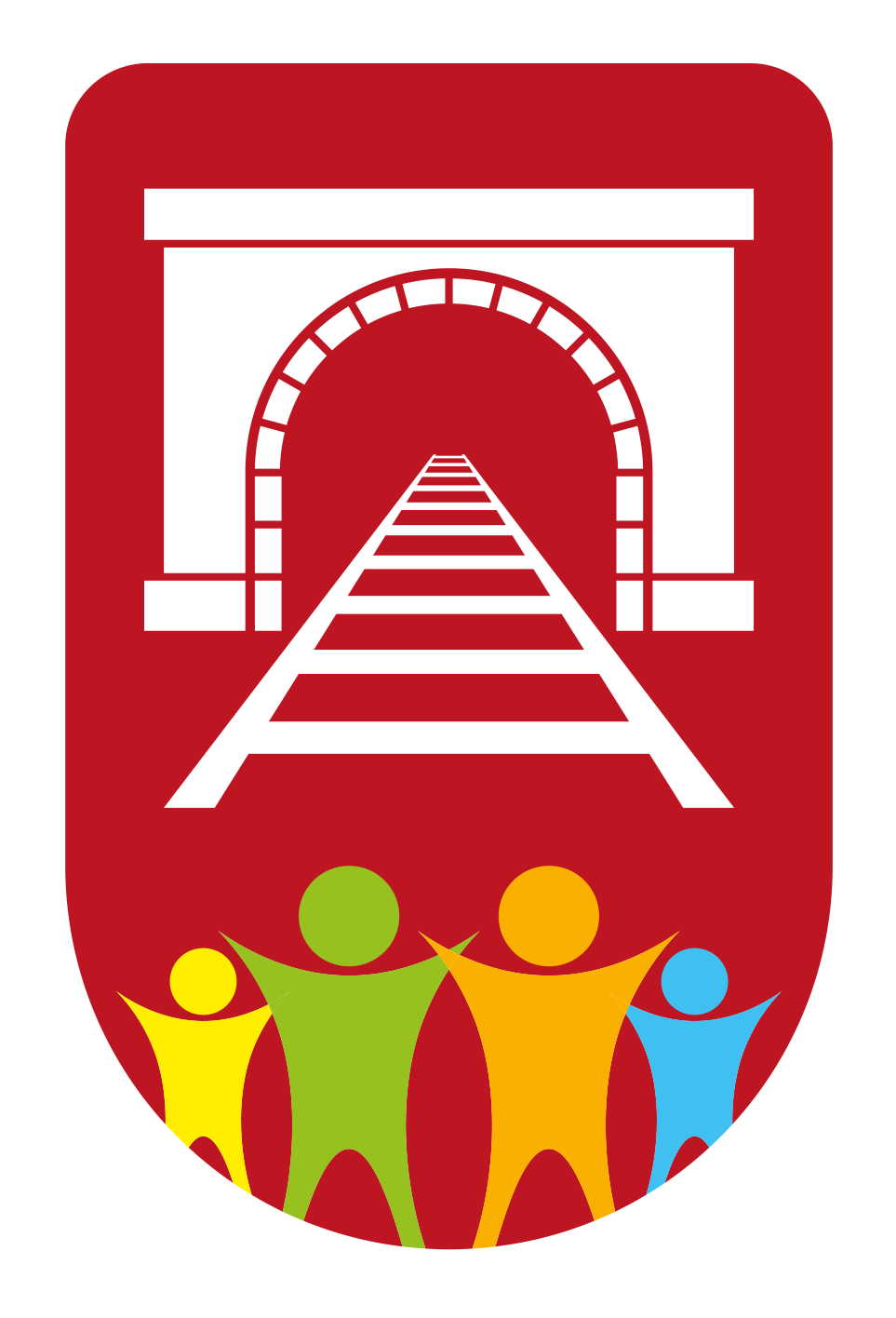Curriculum Overview
Intent
We aim to offer a curriculum that is creative, engaging, and highly relevant, empowering our pupils to become independent, well-rounded individuals who are ready for their next steps in their future learning and beyond.
With this in mind, we have implemented a coherent, sequential curriculum model that enables pupils’ learning to connect and progress, year-on-year.
We want to offer high quality teaching and learning for all our pupils that highlights the importance of human creativity and achievement and leads to the development of educated citizens within our own community and on a wider national and global scale. Enabling our pupils to grow into the best version of themselves is at the heart of this.
We have a strong commitment to our Christian school ethos of living ‘life in all its fullness’ (John 10:10). We inspire our pupils to become confident, caring individuals who exemplify our Christian values of ‘Care, Achievement, Respect, Equality, Cooperation and Forgiveness.’ These core values are embedded within the curriculum.
Our learning behaviours of Readiness, Organisation, Articulation and Resilience are also woven through this curriculum.
It creates the platform for our pupils to safely explore new ideas in developing their learning throughout their educational journey at Kilsby.
Rationale for Implementation
We use Dimensions ‘Learning Means the World’ Curriculum as the main vehicle for achieving our outlined intent. This allows us to provide our children with learning, knowledge and understanding around their local, national and global communities. It also aligns with our promotion of valuing all God’s children.
This curriculum is underpinned by four highly relevant world issues, known as the four Cs:-
- Culture
- Communication
- Conflict
- Conservation
Communication
One of our learning behaviours is ‘Articulation’ and we believe it is so important that our children can explain themselves clearly. We encourage cooperation, one of our six core Christian values and, in order to do this well, pupils have to be able to talk confidently to one another, so we provide our children with lots of opportunities to articulate themselves.
Within our Early Years, a key focus for development is to instil the importance of listening, so we aim to incorporate a range of activities that will allow pupils to understand the importance of listening.
We believe that pupils need to understand the immense power of good communication skills in preparing them for the future, helping them build positive relationships and providing them with the tools to succeed.
Culture
As a school that predominantly represents a white British demographic, with limited exposure to, and little personal experience of other groups, we want to teach our pupils to fully appreciate and embrace cultural diversity. They need to learn about and experience a range of different cultural and faith heritages found in wider society.
We want them to value diversity, understand the roots and importance of cultural heritage and to behave in a respectful way towards others, irrespective of faith, ethnicity or background. We actively and explicitly promote cross-cultural friendship, respect, empathy and understanding through ‘Learning Means the World’.
Conflict
We believe that a range of skills should be taught throughout the curriculum in order to build up resilience; helping pupils to cope in a range of difficult situations is part of this process. We aim to encourage our children to talk together about their differences and understand the root of any conflict. Our children's anti-bullying policy has been written by our children and all are asked to sign and agree to adhere to this policy, which is then used to refer to in the case of any situations that may arise within school.
Conservation
We know that as conservation is such a current focus, we believe it is essential to teach our pupils about sustainability as part of them becoming responsible global citizens. We need them to recognise that this is about helping future generations, not just themselves. They need to be well-equipped to contribute to conservation work, realising the impact their own behaviour has on the environment. We have a nature garden and forest school that the children are encouraged to respect, improve and contribute to. We especially want them to develop a compassionate and caring attitude to the natural world, learning how to interact sensitively with wildlife.
Our curriculum narrative begins with Communication, as this underpins and links to the other three focus areas. We have followed this with Culture, because we believe that understanding identity is so important. Next, Conservation which looks to the future and a better, sustainable world, and finally Conflict which has a focus on the past, specifically learning from mistakes.
We also encourage our pupils to have high aspirations by teaching them about human creativity and achievement through additional Competency Units about famous figures that focus on Creativity, Commitment, Courage and Community.
If you would like any more information about our curriculum, please contact the school office.

